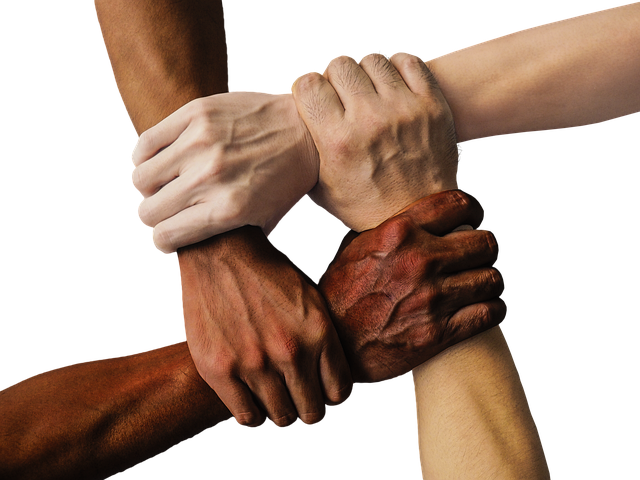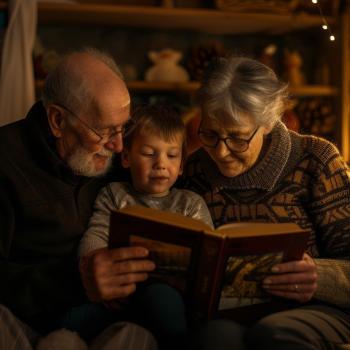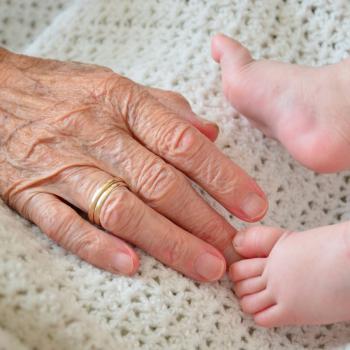
A recent group of children adopted from foster care were asked the following question: ‘What is the worst thing about being adopted [from foster care]’?
People often tell me that I’m lucky to be adopted by this family.
Adoption isn’t lucky as trauma always precedes adoption from foster care.
So many rejoice at the adoption of kiddos who have survived early childhood trauma and for whom the court has deemed it safest to be adopted into a new family. What many don’t take into account is that trauma always precedes adoption, especially in the foster care system. This means that all children who enter the foster care system have experienced trauma. Neglect, physical abuse, rape, abandonment, trafficking. There is no form of abuse that brings a child into foster care that does not leave its mark. Yet once the gavel drops and the child takes your name, in large part you are left alone to work through the hidden trauma. Post-adoption support is critical.
Why is Post-Adoption Critical?
With some exceptions, a child born to a woman will have common markers identifying them as part of a biological family. Genetic history, family health history and any concerns detected in-vitro all contribute to a full picture of how life may unfold at the bio-normative level.
For a family adopting other than by means of kinship adoption, we enter the ring blindfolded. In many cases of adoption through foster care, the home life becomes one of navigating landmines. What might be a normal moment in the day of children born to loving parents can turn on a dime for children with hidden triggers. And once triggered, how do parents understand what the trigger was, the underlying cause and where to get help in understanding this new landmine?
When we got the call that we had been selected as the family for my oldest son, the case worker voiced this concern: “Before you say yes, we are not sure if this child could develop schizophrenia.” When I inquired as to any family history or current symptoms, they pointed to a lower IQ than average for his birth parents. My reply? “If you have no medical documents to show me, then his likelihood to develop schizophrenia is up there with the odds of cancer, dementia, or depression!”
Adopted kids are a mystery to unravel. The question is not whether our child will have trauma related issues. Rather, what we should be asking is: when will those traumas will be triggered? Children from such hard places have behaviors so foreign to the average foster parent, who cannot possibly be trained for every scenario they may encounter. For this reason, post-adoption support is crucial. When my boys walked out of the courtroom with our last name, it didn’t mean that the past had been healed. Rather, it was the beginning of a new testing of the waters, to see if this forever family would ‘stick’.
The Widespread Issue of Failed Adoptions
A USA TODAY investigation in 2022 found more than 66,000 children adopted in the U.S. from 2008 to 2020 ended up in the foster care system after their adoptions failed. The investigation of all 50 US states shows an average of 12 failed adoptions each day. The study focused not only on adoptions from foster care, but kinship and private or international adoptions as well. This investigation highlights a concern about the services available to families post-adoption.
Wait. Did I read 12 adoptions fail every day? Twelve! Twelve kids every day being told that their forever family was not forever after all. Twelve children every day being sent away by those that pledged with hands-on-the-Bible that they would love and care for them.
What services might be of benefit to adoptive families?
Post-Adoption Support Advocacy
- Adoption shouldn’t be seen as a means to heal trauma.
- This placeholder in the adopted child’s life, the day of adoption, doesn’t take away all of those traumas.
- Adoption can be a second trauma as the child has to let [the past] all go.
- An adopted child might wonder, “Do I just create a new life?”
Although well-meaning individuals might say that all it takes is love, the foster parent will emphatically state that love is the foundation, yet so much guidance is needed to build upon it. Yet so much more is needed in the form of post-adoption services in order to give every adoption the chance at success. We are being ignorant if we believe that a child’s deep-seated trauma will vanish the moment their future is secured into an adoptive family. For many, a new level of trauma is just beginning. And if a family journeys to the brink of hopelessness and does not know where to turn for support, a new level of trauma will be layered upon that child as the product of a failed adoption.
Join me over the coming weeks as we explore trauma and what services and support could look like for you, your community, and your church. Until next week, savoring mama!















